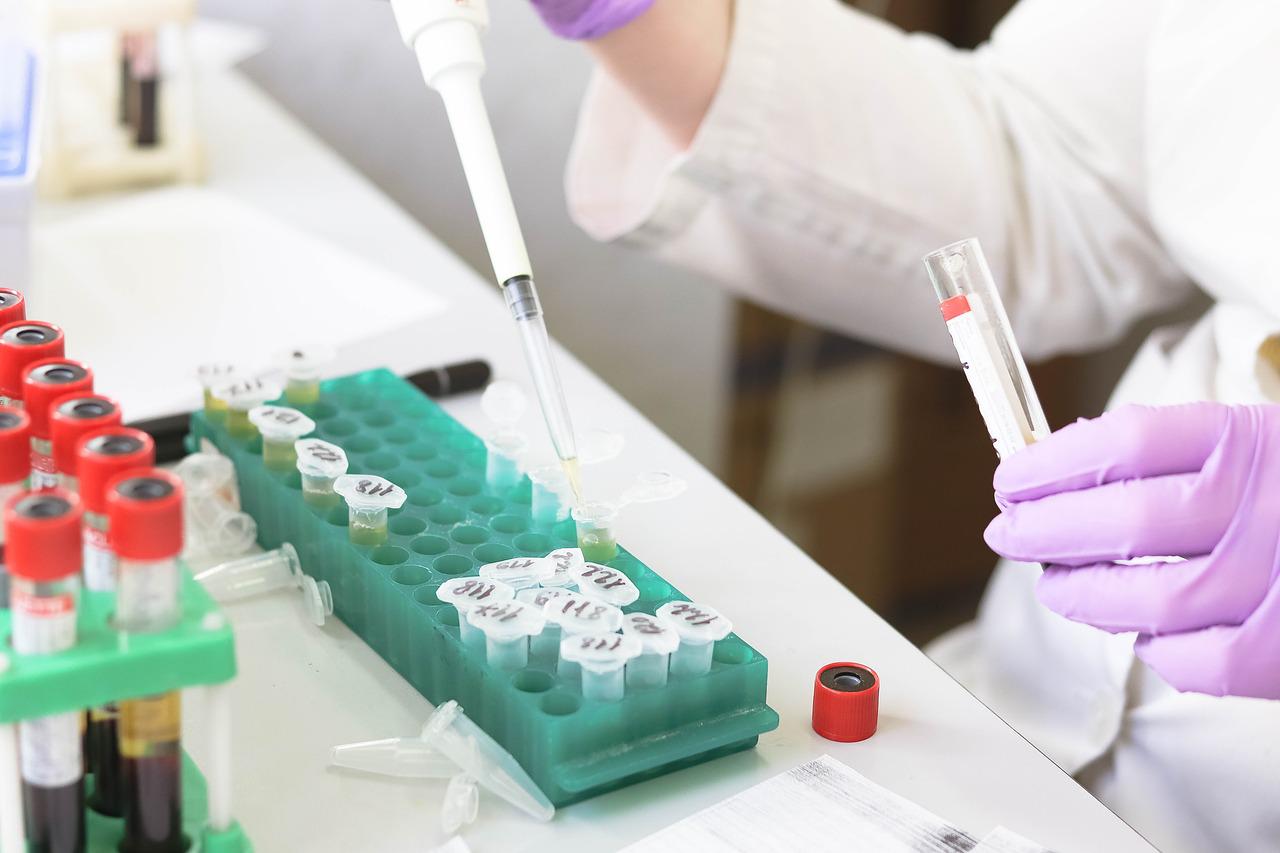Hormones are responsible for all the reproductive, sexual, and physical changes in women’s bodies from puberty to ovulation. The disruption may lead to problems like infertility, miscarriage, premature delivery, and low libido in women.
Hormones have been shown to play a role in many symptoms of PMS, including bloating, breast tenderness, headaches, irritability, and depression. They also promote the development of acne as well as oily skin.
These hormones are involved in many physiological processes in women’s bodies. Many of these processes are controlled by receptors on cells called estrogen receptors (ERs), which bind with estradiol or estrogen hormones produced by the ovaries and adrenal glands. These hormones then activate other proteins inside cells called steroid receptors (SRs). The SRs then cause specific changes in the cells they’re bound to — changes that affect the body’s physiology or function.
Now Coming to Hormone Testing
Hormone testing is a method of diagnosing the presence and severity of several diseases such as endometriosis, fibroids, polycystic ovary syndrome (PCOS), and ovarian cancer.
Hormone testing can be performed on urine samples or blood samples. In some cases, it may also be necessary to have blood tests performed to check for other issues such as iron overload.
The purpose of a discreet hormone test for women is to help determine if any hormonal issues need to be addressed.
Read on as we put forth the top reasons women should undergo a hormone test regularly:
1. Improving fertility
The human body is a complex system of many different parts, so it makes sense that when we’re trying to become pregnant, it will take time for our bodies to adjust and get ready for conception.
Women trying to become pregnant should ensure their hormone levels are checked before they try and conceive and during pregnancy. It’s also important that they don’t skip testing or ignore symptoms because if they do, there could be issues with their baby’s health later on down the road!
2. Detecting PCOS At an Early Stage
Polycystic Ovarian Syndrome (PCOS) is a condition where hormonal imbalances can cause cysts on the ovaries causing irregular periods or no period at all (amenorrhea) plus other menstrual symptoms.
PCOS affects up to 10% of women of reproductive age and is one of the most common endocrine disorders in the world. However, it can be challenging to diagnose because there are no definitive tests for PCOS.
Hormonal testing is one way to determine if you have this condition or not. If your blood work indicates that you do, you will want to find out what caused it so you can take steps to correct your symptoms.
3. Losing Weight
Losing weight is a process that takes time, and it’s not something you can rush. To succeed, you must ensure your body is healthy enough to support the process.
As women, we often have low levels of testosterone and estrogen, which can slow down our metabolism and make us feel tired. Testing your hormone levels will help you determine the best supplements for your body type.
4. A Hormonal Test Can Detect Ovarian Cysts
Ovarian cysts can cause irregular periods, heavy bleeding during menstruation, and pelvic pain. They’re often treated with surgery, but if left untreated, they may rupture and cause scarring in the abdomen and abdominal cavity (peritoneum). This can lead to infertility and chronic pain throughout life, both physical and emotional.
By performing a blood test for ovarian cysts and reviewing the results with your OB/GYN specialist, you can find out whether or not you have these conditions before it’s too late!
5. To Detect Early Warning Signs of Certain Cancers
Cancers that affect women tend to be more aggressive than those that affect men, and this is because they have not yet been identified by conventional screening methods such as mammography and Pap smears.
These early warning signs include a change in menstrual cycle length (which may indicate an imbalance in hormones) or menstrual irregularities; an enlarged uterus or pelvic mass; or an increase in the number of moles on your body or skin lesions that are changing color or size over time.
The Bottom Line
A hormonal test may be an option if you are an active woman in her 40s or older and experiencing any of these symptoms. These tests directly measure your blood hormone levels, rather than just relying on symptoms. They are usually covered under most insurances and can help establish your health baseline information.
While it may be too late to correct issues like osteoporosis, dietary and lifestyle changes can often correct hormonal imbalances. You can also consult your doctor before taking the hormone test.

